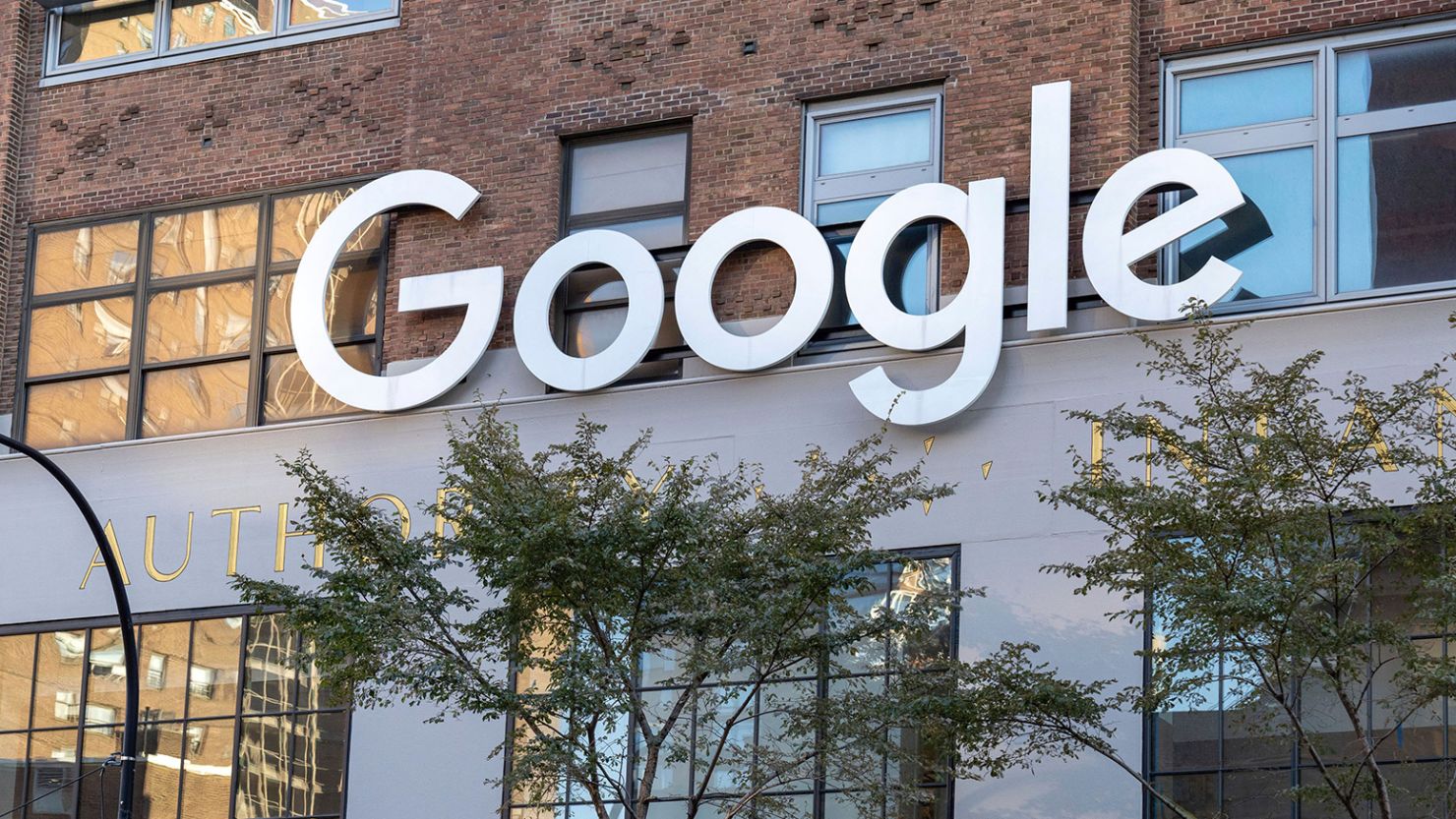A federal judge sharply criticized key aspects of Google’s defense on Thursday as closing arguments commenced in a landmark antitrust trial that has the potential to disrupt the tech giant’s dominance in the online search market.
Judge Amit Mehta, who is expected to make a ruling later this year on whether Google has unlawfully maintained a monopoly over online search, challenged the company’s assertion that it faces robust competition despite holding roughly 90% of the market share.
Google’s legal team cited smaller search engines like DuckDuckGo, tech behemoths such as Microsoft and Amazon, and even media outlets like ESPN as competitors vying for user attention.
Mehta also probed whether rival search engines could realistically offer similar default deal packages to other companies, given the significant costs set by Google.
This exchange was just one instance of the pointed questions Mehta directed at both Google and the Justice Department’s legal team.
Mehta questioned whether the DOJ had adequately demonstrated that Google’s default deals had anti-competitive consequences for rivals or hindered their ability to innovate.
Closing arguments are set to conclude on Friday, with DOJ antitrust chief Jonathan Kanter and Google’s president of global affairs, Kent Walker, among those present in court.
The Justice Department contends that Google relied on substantial payments to partners — including a staggering $26.3 billion in 2021 alone — to ensure its search engine was the default option on most smartphones.
The judge cautioned that government attorneys faced a daunting task in proving that Google had not innovated in online search over the past decade.
At one juncture, Mehta highlighted Microsoft’s admission that it had not invested enough resources in building its mobile search business.
“That’s not anticompetitive,” Mehta remarked, “the fact that Google was astute enough to prioritize mobile before Microsoft.”
A Justice Department lawyer countered, arguing that “a misstep by one competitor does not entitle Google to monopolize this market indefinitely.”
Last year’s trial featured testimony from several prominent witnesses, including Google CEO Sundar Pichai, Microsoft CEO Satya Nadella, and Apple executive Eddy Cue.
Unsealed documents from Cue’s testimony revealed on Tuesday that Google paid Apple a staggering $20 billion in 2022 alone to remain the default search engine on its Safari web browser.
If Mehta rules against Google, a second trial will determine an appropriate remedy, which could involve the implementation of a “choice screen” for users or even the breakup of Google’s business, according to experts.















































